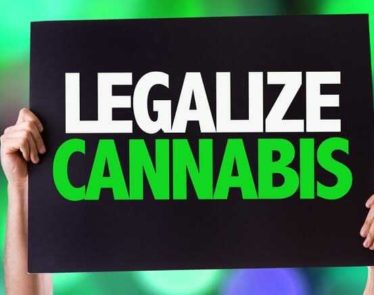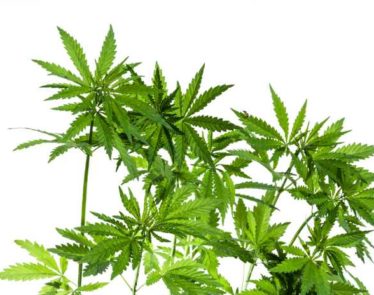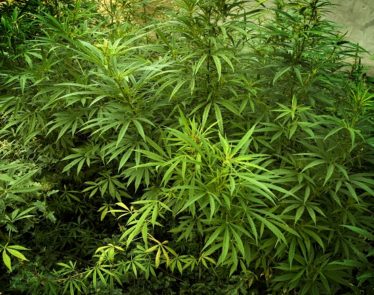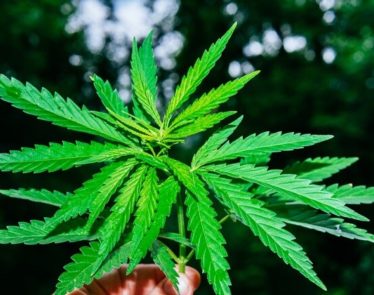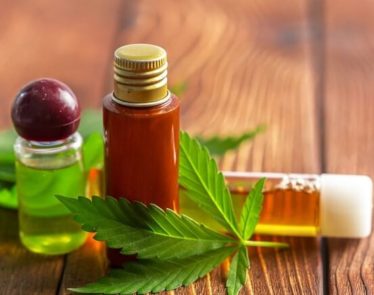
Colorado and Washington State first got the ball rolling on recreational marijuana back in 2012. Since then, California, Oregon, Nevada, Alaska, Vermont, Maine, Massachusetts, Washington D.C., and, most recently, Michigan have followed suit—although only certain states allow the sale of cannabis in retail locations.
In this article, we will discuss the viewpoints of those who are in favor of fully legal recreational marijuana, and those who oppose it. Did the states that have legalized recreational marijuana make a mistake, or are they onto something? Read on, and you decide, as we lay out each associated issue one by one according to some of the pros and cons of each.
Who is in Favor of Legalizing Recreational Marijuana?
Even though cannabis is still classified as an illegal drug under United States federal law, more than half of all adult Americans say they have used it at least once in their lifetime, according to polls. Additionally, more than 60% of all US citizens are in favor of complete legalization, both for medical and recreational purposes.
Despite these figures, law enforcement in many states still continues to make marijuana arrests at an alarming rate of around 600,000 every single year, with the majority of such arrests being for simple possession.
Those in favor of recreational marijuana point to the studies conducted indicating that the plant is safer than alcohol and tobacco, both of which are currently legal in the United States. They also cite that there has never been one recorded death attributed specifically to use of cannabis.
>> What are the Effects of Cannabis?
Why Should Marijuana Be Legalized?
People who would like to see recreational marijuana legalized point to the potential creation of thousands of new jobs, as legal cannabis is a billion dollar industry. In addition, proponents of legal recreational marijuana point to the billions of tax dollars that would be saved, otherwise used to fight a failing war on drugs that mainly focuses on marijuana use and eradicating plants.
Supporters believe that legalization would greatly help to reduce violent crime from drug cartels, who they say mainly make their money because of the illegality of cannabis. Not to mention, legalizing recreational marijuana at the federal level would virtually eliminate the headaches that otherwise law-abiding owners of retail locations go through when worrying about being raided by federal agencies such as the DEA.
Federal legalization of marijuana would open up business for banks too, as most banks currently deny cannabis businesses because they are concerned about its illegality.
By being denied the option to work with banks, many legal marijuana businesses are forced to conduct transactions mostly in cash, which increases the potential for criminal acts on both the stores that carry large sums of currency and the customers who have to carry cash to buy products.
Supporters of legalizing marijuana also point to states like Colorado that have taken in millions of tax dollars from selling cannabis legally at retail locations.
Who is Opposed to Legalizing Recreational Marijuana?
Those opposed to the legalization of recreational marijuana claim that making recreational marijuana legal will increase usage among young people, cause more traffic accidents because people are driving while high, increase hospital visits, and decrease productivity in the workplace. They say that the harms of legalizing recreational marijuana outweigh the good. Those opposed to legalizing the plant for recreational purposes also claim that people will be exposed to second-hand smoke.
What are the Arguments?
It is really no secret that cannabis is safer than alcohol and tobacco. Even those vehemently opposed to the legalization of recreational marijuana admit that alcohol consumption is much more dangerous than cannabis use. Opponents say that they don’t want to see another drug legalized and that we have enough already.
It is also no secret that the legal cannabis industry is already a billion dollar industry both medically and recreationally, and very well could blossom into a $35 billion dollar market by the year 2020. Naturally, all of this money being made by the cannabis industry also means a big boost in taxes for individual states.
In July of 2017, the state of Colorado officially raked in a half a billion dollars in taxes and fees since recreational marijuana became legal there. This is in three years, in one state, and it only continues to grow. Proponents will point to the fact that these figures would be much larger if legalized at a federal level and taxed. Opponents claim that public health costs will outweigh the taxes brought in by making recreational marijuana legal.
>> How do you Get a Medical Marijuana Card?
Because cannabis of any kind remains illegal at the federal level in the United States, most banks and financial institutions refuse to do business with dispensaries, legal growing operations and processing facilities, and retail locations that sell or produce marijuana products of any kind.
This puts customers at a risk because they must carry around cash to purchase their legal marijuana, and criminals know that they can potentially rob stores and customers. Very rarely do you see a bouncer or a security guard standing at the front of any liquor store in America, so the same should be true for the legal sale of both medical and recreational marijuana products.
Professionals working in the legal cannabis industry are eager to do business with banks and other financial institutions: getting loans, opening up accounts, and so on. But because of marijuana’s federal illegality, much of these business transactions are prevented.
Those who share a prohibitionist mindset when it comes to legalizing recreational marijuana say that doing so will decrease workplace efficiency, although no evidence for such claims appears to exist at this time.
Another point that those opposing legal cannabis bring up is that they claim people will be exposed to second-hand smoke. This is despite the fact that smoking cannabis openly is illegal just about everywhere. The truth is that there are far more restrictions on public cannabis consumption than there are on tobacco consumption, when tobacco smoke is much more harmful.
As you can see, there are potentially good and bad things that come from legalizing recreational marijuana. However, regardless of the classification the federal government places on the drug, it should ultimately be left up to the will of the people as to whether recreational marijuana remains prohibited federally in the US, or if it is made legal.
Featured Image: Depositphotos/© gustavofrazao







